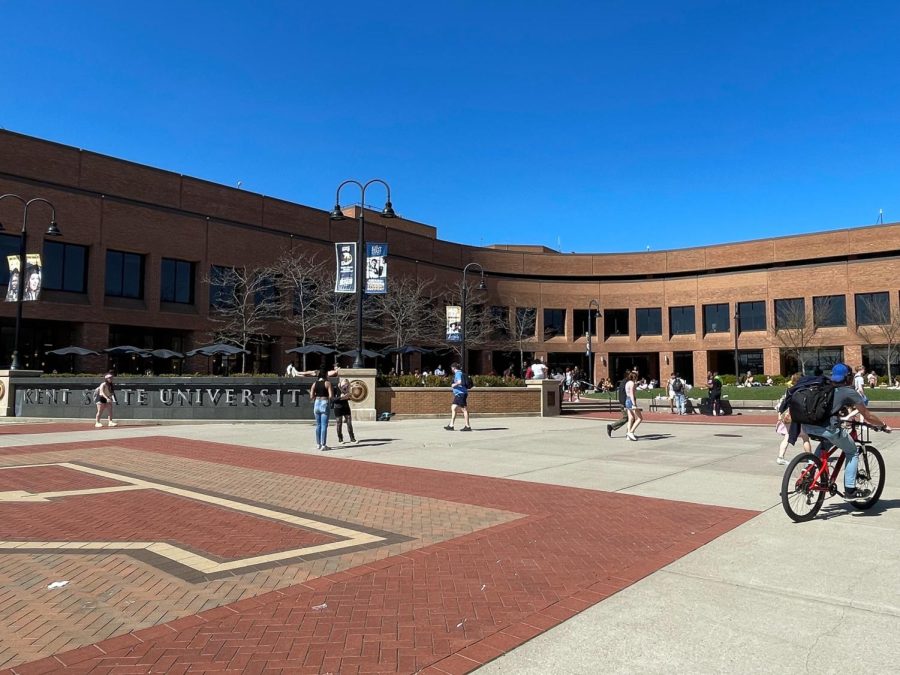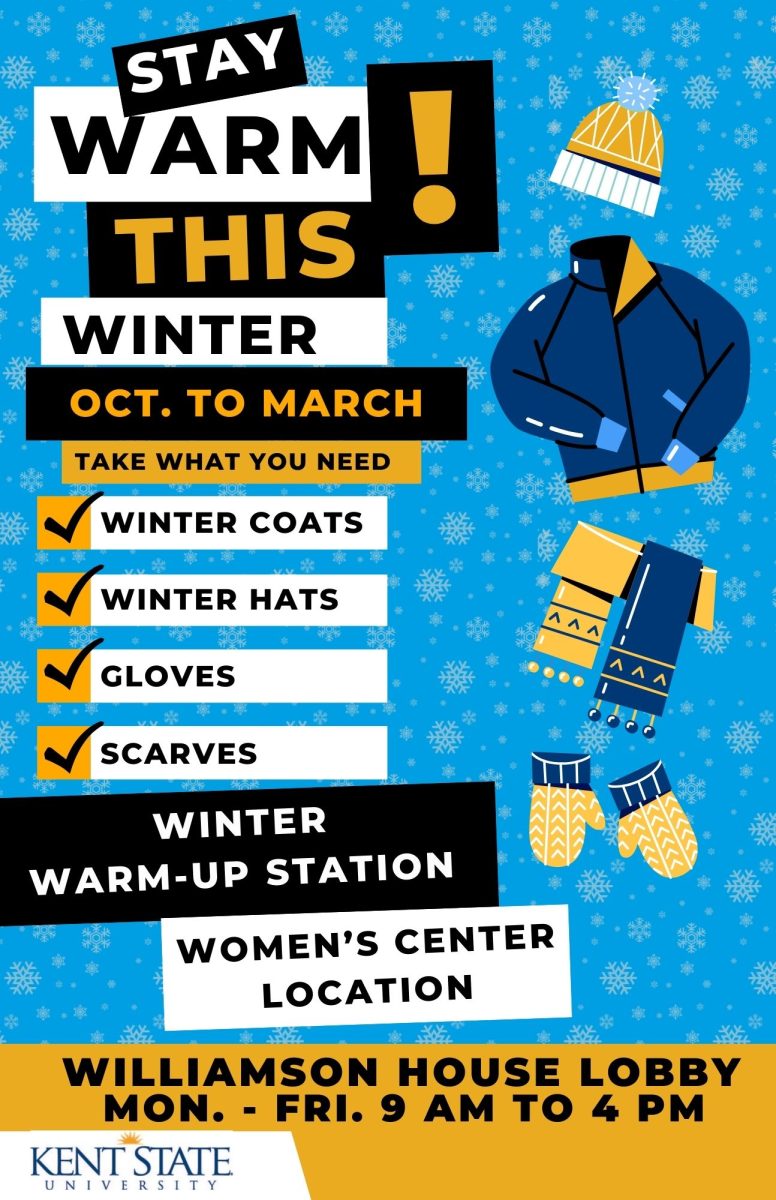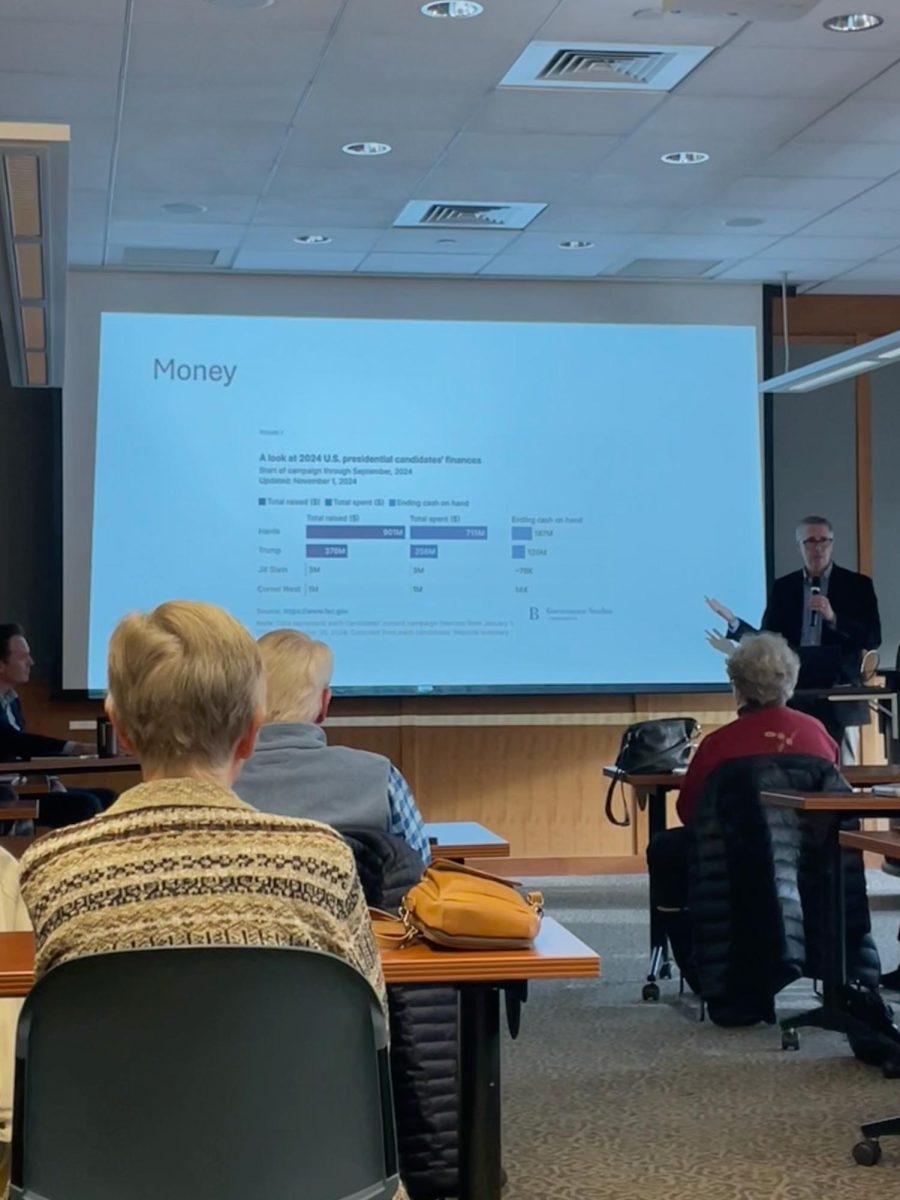April is known as Autism Awareness Month, and for sophomore public relations student Kadin McElwain, it means a little bit more.
McElwain, a student with autism, believes those with autism spectrum disorder should be able to feel included and engaged in society, and he believes it is the responsibility of everyone to make this happen.
“I think it’s a responsibility for everyone going beyond autism awareness month to make people with autism feel welcome in society,” McElwain said.
Lisa Audet, an assistant professor in the department of speech pathology and audiology, said autism is a disorder that is usually diagnosed in children and lasts throughout the individual’s lifetime.
“Autism is a neurodevelopmental disorder that is a lifelong disorder that affects children,” Audet said. “Children are typically diagnosed with it before the age of five.”
Audet further explained autism can affect an individual’s communication skills and relationships.
“It affects social communication, social relationships,” she said.
McElwain said he feels it is not only in the hands of society to make the shift in including those with autism, but it is also up to those in high-up positions.
“People in Congress and the Senate don’t take autism seriously enough,” McElwain said. “A lot of people don’t speak out beyond autism awareness month.”
Audet said she believes there is enough media coverage surrounding autism and what it is, however, she emphasized that not everything that can be found on the internet is true.
“There’s plenty of information on the web about autism,” Audet said. “I don’t necessarily think all of it is healthy, all of it is accurate, all of it is beneficial.”
McElwain said the month of April holds significant meaning to him because he understands what those with autism may be going through on a deeper level than some others.
“This month means a lot to people like me,” McElwain said. “I know what it’s like to be alone, people who have autism feel alone.”
In terms of his education, McElwain acknowledged the university does enough to accommodate students who have autism. The university offers services through the CARES Center, which helps students find on-and-off campus resources for their mental and physical well-being needs, and Student Accessibility Services.
“I think they do a lot,” McElwain said. “I was struggling with class and being extremely hard on myself, but I think now I’m smooth sailing.”
McElwain began to see a counselor at the Counseling and Psychological Services (CAPS) on campus, and he said that helped him find his feet and direction.
“I started therapy at the CAPS Center,” McElwain said. “They’ve been extremely helpful. They’ve made me more confident in myself.”
MinJee Yoo is a reporter. Contact her at [email protected]




